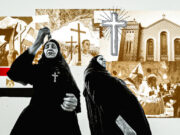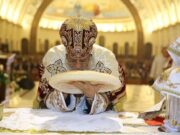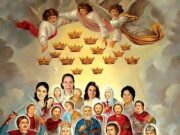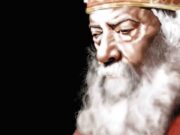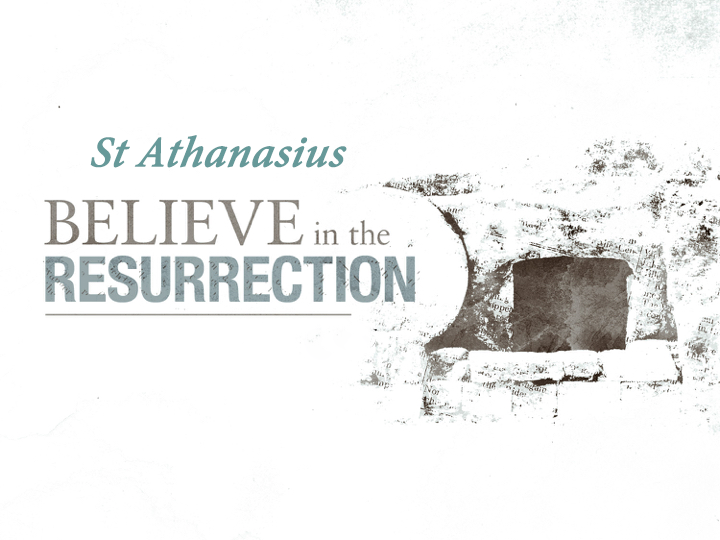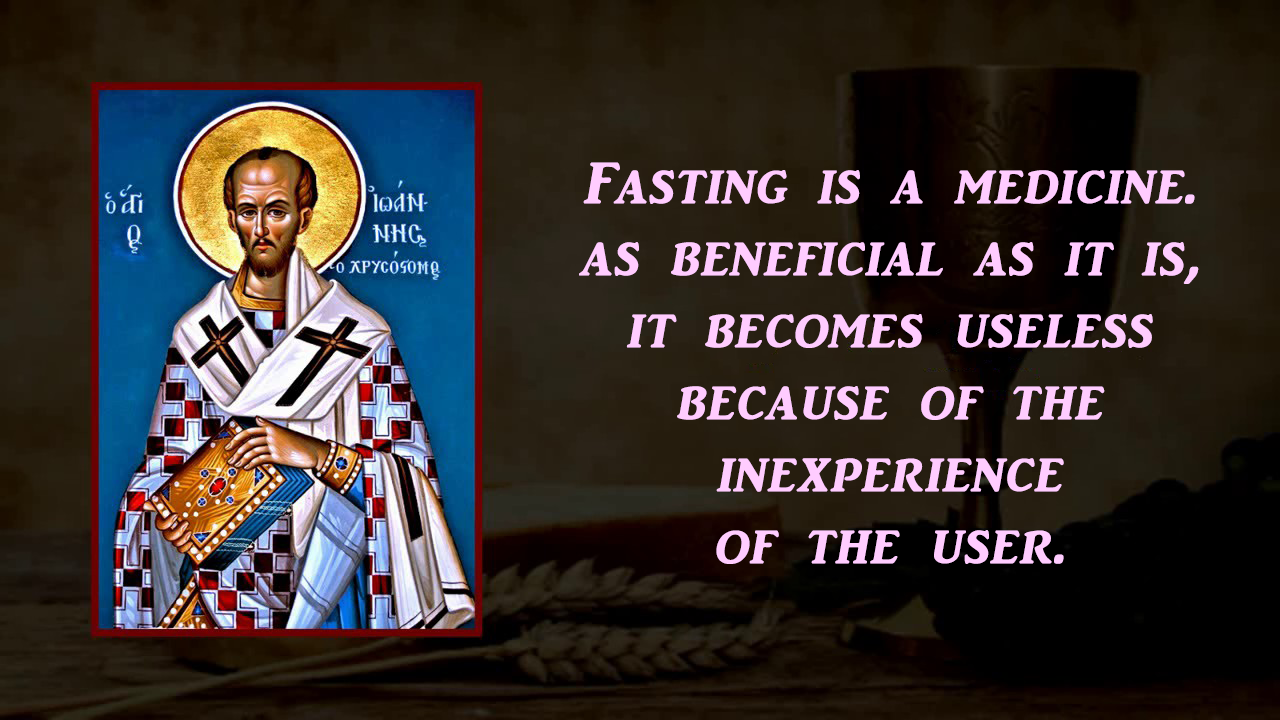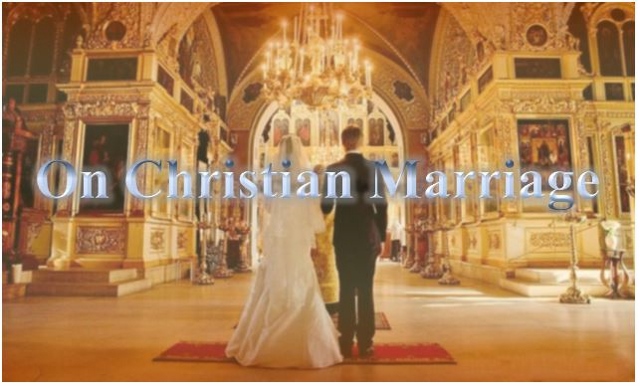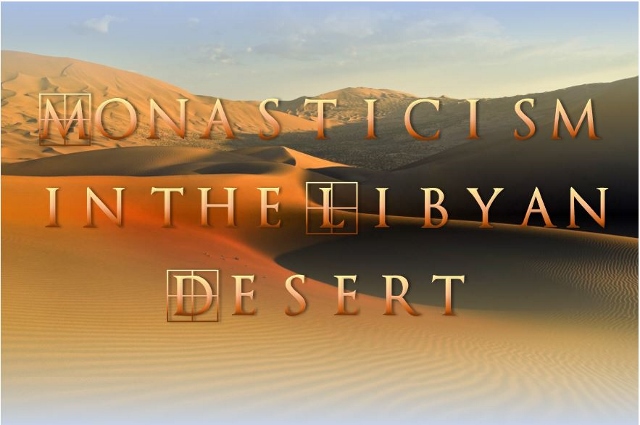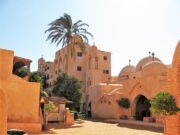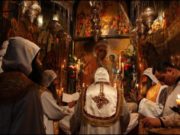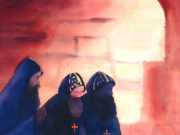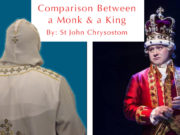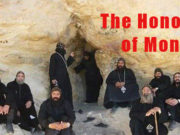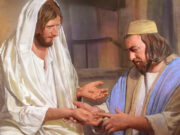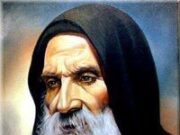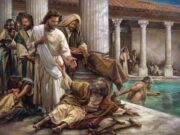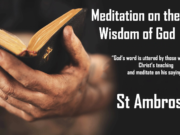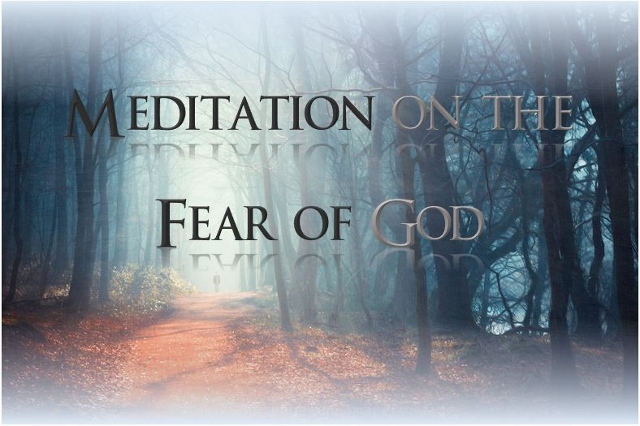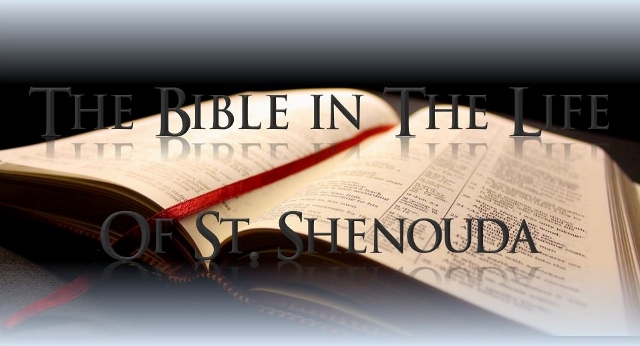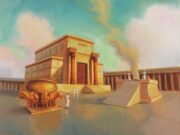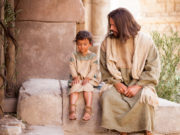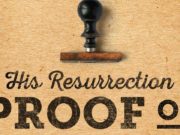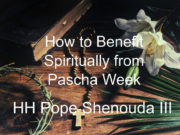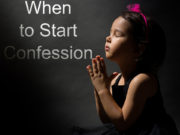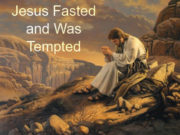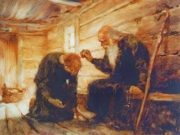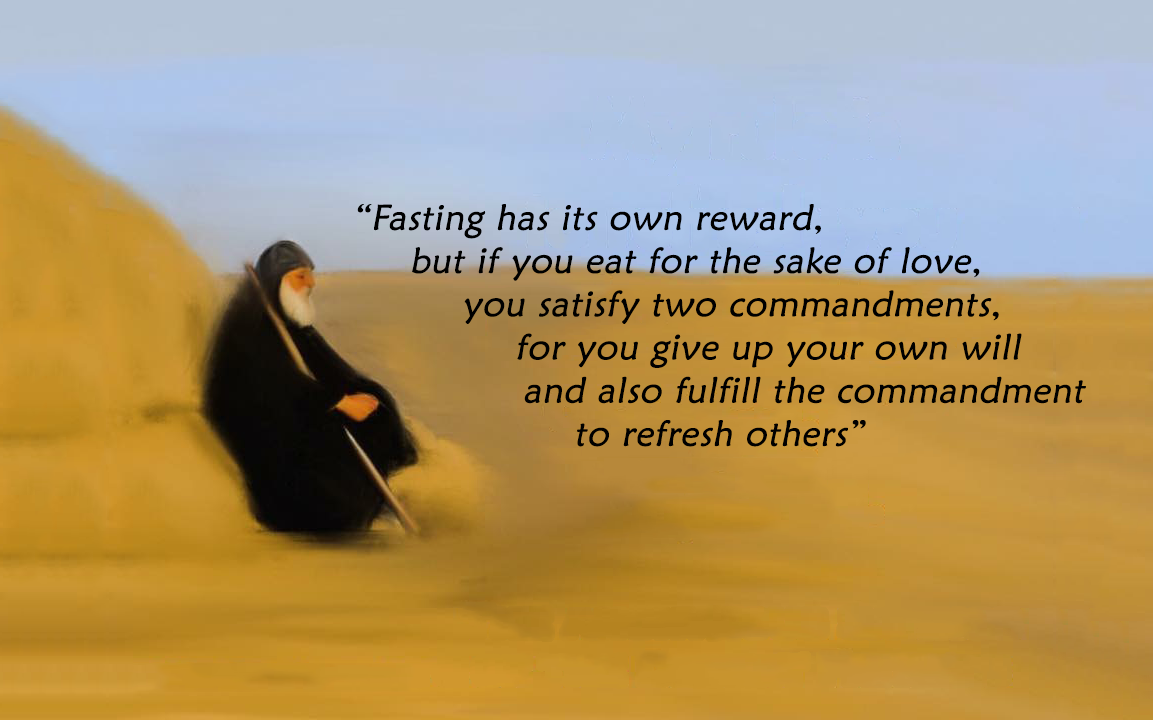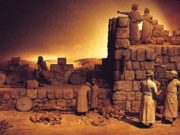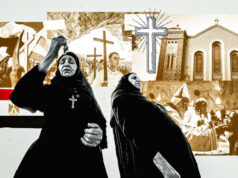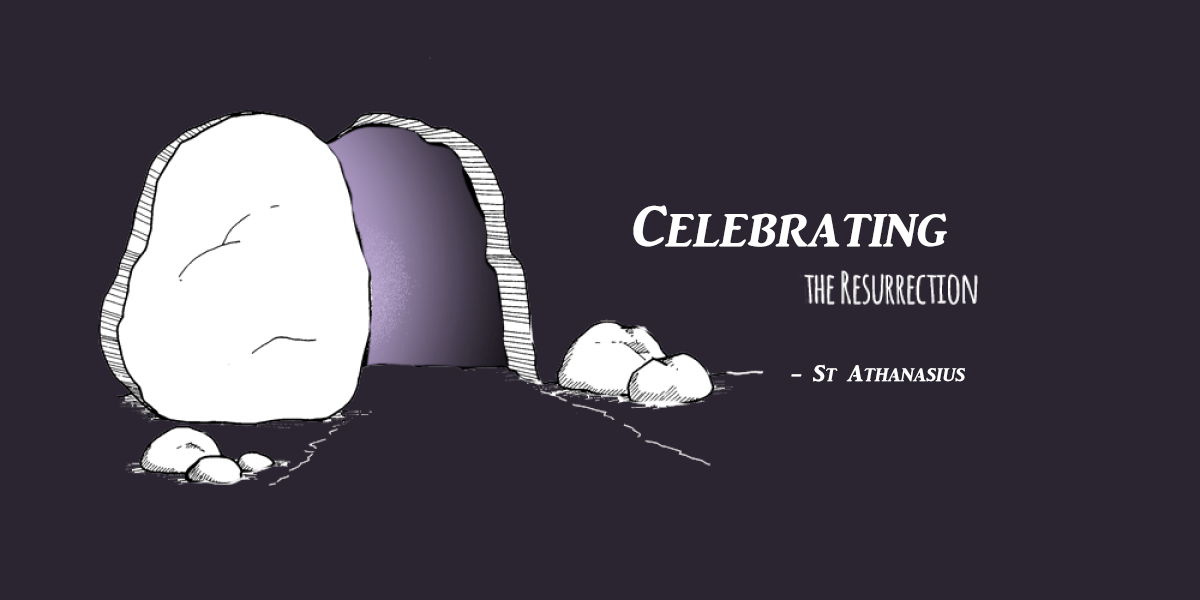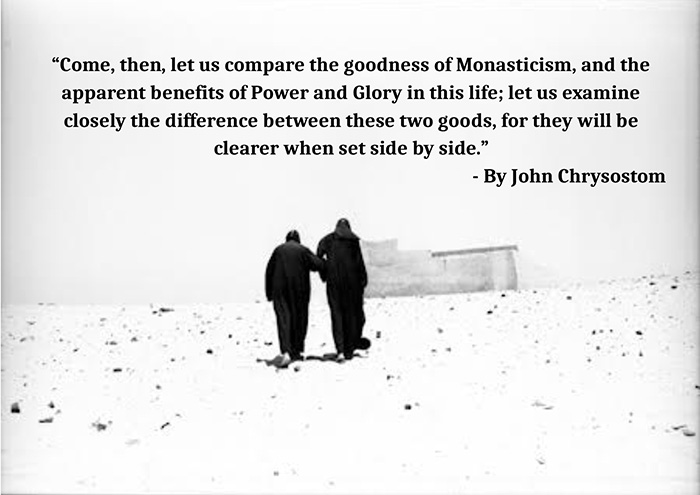
Since I see that most people love and admire things that seem to be good, rather than things which are by nature beneficial and truly good, I think that it is necessary to say few words about both of them and to compare with each other both that which the multitude neglects and that which they zealously pursue. By thus coming to know the difference between the two, we will esteem the one as worthy of zeal and salvation and learn to despise the other as worthless. So, then, on the one hand, people love power and glory, and the multitude considers blessed those who rule provinces, who ride in splendid coaches, who enjoy the shout of heralds and a great bodyguard, On the other hand, the life of Monks and of those who have chosen the solitary way of life is despised. When the former appear, they attract everyone’s attention. When the latter appear, they draw to themselves the eyes of no one, or of just a few. And no one wants to become like the latter, but everyone wants to be like the former. But to possess power and to have command of a province is difficult and even impossible to most people, and those who wish to rule would need a great deal of money; but to choose the solitary life and to spend one’s life in the service of God is easy and equally accessible to all.
Moreover, the power of office is utterly destroyed along with this life, or rather it abandons those who desire it even while they live; indeed, already it has led some into great danger or disgrace. But the solitary life even now fills the just with many goods, and when this life is over, it conducts them glory and joy to the judgment seat of God the Father. Then the greater part of those who rule will be seen paying a great penalty for the actions of their lives. Come, then, let us compare the goodness of Monasticism and the apparent benefits of Power and Glory in this life; let us examine closely the difference between these two goods, for they will be clearer when set side by side. Or, rather, if you wish, let us compare the greatest of goods refer to kingship with Monasticism; let us see the fruits of each possession, examining carefully that which the king commands and that which the Monks commands. So, then, the king rules over cities and regions and many provinces; with a nod of his head he commands generals and prefects and armies and peoples and senates. But the person who has given himself to God and who has chosen the solitary life rules over anger and envy and love of money and pleasure and the other evils, ever vigilant and watchful lest he allow his soul to submit to wicked passions and his mind to become enslaved to bitter tyranny. Having placed the fear of God in command over his passions, he constantly thinks only of the loftiest matters. Therefore, the king and the monk rule in ways such that it is fairer to call the monk a king than the one who wears a shining, purple robe and crown and sits upon a golden throne.
For he is a king who truly rules over anger and envy and pleasure, who commands all things under the laws of God, who keeps his mind free, and who does not allow the power of the pleasures to dominate his soul. Such a one I would gladly see ruling peoples, earth, sea, cities and soldiers. For the person who has put the reasoning power of his soul in charge of his passions also will more easily rule over men as well with the divine laws, so that he will be to the ruled as a father, frequenting the cities with all kindness. But the one who seems to rule over men, but who is enslaved to anger and the love of power and pleasures, first will appear quite ridiculous to his subjects, since he wears a crown of gems and gold but is not crowned with moderation, since his whole body shines with a purple robe, but he has a disarrayed soul. Second, he will not even know how to administer his command. For if a person is unable to rule himself, how can he guide others rightly by the laws? But if you wish also to see each one conducting himself in warfare, you will find the one fighting demons and prevailing and conquering and crowned by Christ. For he enters into battle with divine help, fortified with heavenly arms, so that victory inevitably comes to him, whereas the king fights with barbarians. As much as demons are more frightening than men, so much more glorious is the one who conquers the former than the one who overcomes the latter. But if you wish to examine the cause of war in each case, you will find a great differences. For the one battles demons for the sake of piety and the worship of God, desiring to snatch neither cities nor villages. But the other combats barbarians for the sake of seizing places or mountains or money, for avarice and desire for unjust power call him to battle. In such wars many kings, lusting for greater things, often have lost even what was present. Therefore, the power of each and the enemies of each have revealed what a great difference there is between the king and the person who is eager to spend his life in the service of God. You can recognize them clearly by looking at each one’s way of life and at their conduct during the day. For, in truth, you will find the one engaged with the prophets, adorning his soul with the wisdom of Paul, continually jumping about from Moses to Isaiah, and from Isaiah to John, and from John to another. But the king is continually involved with commanders and prefects and bodyguards. But when a person is continually engaged with others, he becomes like them in character. Accordingly, the monk models his disposition after the characteristics of the prophets and apostles, but the king after those of soldiers and bodyguards and armor-bearers, men who are enslaved to win, who gratify their pleasure, and who spent the greater part of the day drinking, knowing nothing noble or more proper to do on account of the wine. Therefore, this is another reason why it is fitting that the monastic life should be called blessed rather than the life spent in power and kingship.


